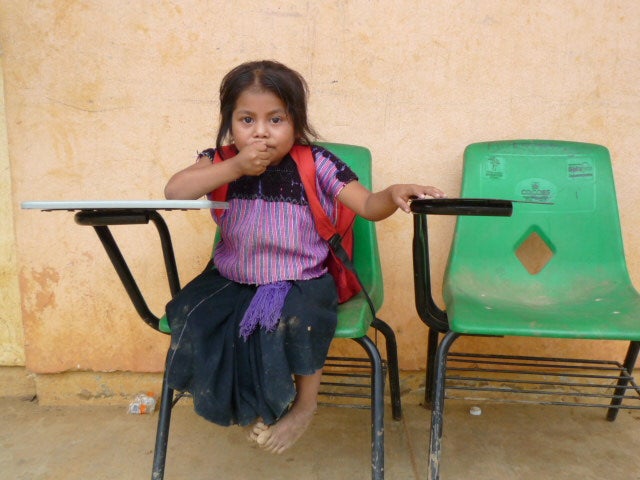By Sergio Urzúa.
There is no doubt that events that occur (or do not occur) during early childhood have long-term effects. Science has shown that early childhood is a critical period of human development; and that the family and especially the mother play a fundamental role in early childhood development. Cost-benefit analyses of well-designed early childhood development programs have demonstrated that it is socially profitable to invest in children’s early years.
The question is, how can the evidence on successful early childhood intervention models in the region be translated in practice? Unfortunately, there are many practical difficulties to surmount, and no easy recipes for success. Rather than focusing on the science, I’d like to reflect here on real-world solutions by discussing four challenges which, in my view, explain the lethargic development of effective early childhood policies in the region.
First, the best evidence available on successful experiences in early childhood development comes from the developed world, and particularly from the United States. Programs such as Perry (Michigan) or Abecederian (North Carolina) are good examples of the positive results that have been achieved, underscoring the importance of early interventions. These results have captured the attention of academics, technicians, and policy makers. But are the successes of these programs applicable to the early childhood development needs of the region?
There is no obvious answer to this question. Cultural and institutional differences make it difficult to draw parallels between these experiences and those of the countries in the region. Some may rightly argue that there have also been major advances in Latin America and the Caribbean, and that evidence has been generated in this regard. That’s true. In fact, some of this evidence has been presented in previous posts in this blog. However, it is difficult to make recommendations that are applicable to the realities of these countries. Thus, the first challenge in designing public policies for the region is to identify the unique characteristics of these successful experiences, pinpoint lessons learned, and make pertinent recommendations based on these.
A second challenge that must be addressed relates to the institutional challenges around the implementation of early childhood interventions, especially government interventions that seek to improve the lives of the most vulnerable children. Given their complexity (the most vulnerable children need assistance in multiple areas), these cross-cutting programs span several agencies. At a minimum, they should ideally provide child nutrition support (which pertains to the Health Ministry or a similar agency), activities to promote cognitive and emotional development (which is the domain of the agency in charge of education), and social assistance for children and their families (which involves the Ministry of Social Protection and/or Family Welfare). Thus, the second challenge is to develop the institutional capacity to coordinate the various governmental agencies involved in early childhood development interventions, in order to ensure their quality and effectiveness.
A third challenge is to clearly define policy objectives. Above all, early childhood intervention programs seek to improve children’s lives, but their stated objectives may be confused. For example, the availability of preschools can “free” the mother (or the adult responsible for home childcare) to work outside the home. In theory, preschools can improve employment conditions for adults, enabling them to generate higher levels of income for the household. Good news? Certainly, provided that those preschools offer high-quality childcare. However, the countries of our region do not need daycare. They do not need institutions that “free” up time for the mothers. Rather, they need high-quality programs that improve children’s lives. If these programs also improve household income levels, wonderful! But improvements in labor-force participation should be by-products of early child education programs, not vice versa.
Finally, the reality in the countries of the region makes it urgent to develop high-quality early education programs. But children do not stage demonstrations, they do not vote. Thus, politicians would rather solve problems relating to secondary or post-secondary education. The challenge of raising awareness regarding the social benefits of early childhood interventions and their potential in relieving and remedying inequalities is probably the most difficult challenge.
In summary, we have learned a lot. The evidence is clear. Early childhood development policies must become a priority if governments want to ensure equal opportunities for all citizens. However, the practical challenges are many and to move forward, they must be understood and addressed.
Sergio Urzúa is an assistant professor in the University of Maryland’s Economics Department. He is the author of numerous publications on early childhood development.


Leave a Reply